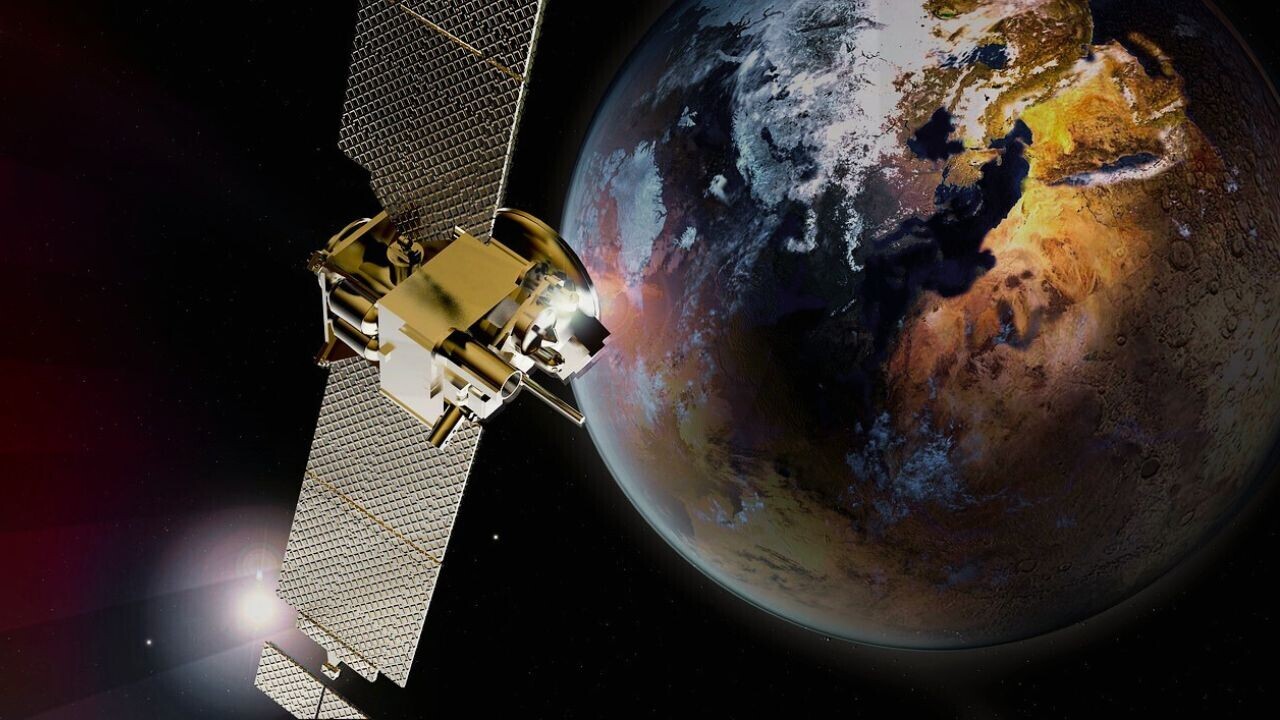
Amid the increasing commercialisation of space tech, Ubotica has partnered up with IBM to simplify the use of AI applications on board low-Earth-orbit (LEO) satellites.
Founded in 2016, the Dublin-headquartered startup provides its CogniSAT edge computing platform for artificial intelligence systems on satellites, which enables AI inference to be performed on data directly in space.
This is with the aim of addressing a pressing challenge: the costly and time-consuming storage and processing of data on the ground. And that’s also what the new partnership is all about.
According to the two companies, their mutual customers will be able to deploy their AI models directly to satellites using the CogniSAT platform “with a single click.” They can then use the models to produce data insights in space.
This approach is expected to bring a dual advantage. Firstly, it will enhance autonomy and decision-making capabilities at the edge, reducing reliance on ground systems. Secondly, it will lead to substantial cost savings for satellite constellation operators, both in terms of capital and operations.
Capital expenses are lowered “through savings in communications infrastructure brought by reducing the amount of raw data that needs to be downlinked for processing,” Sean Mitchell, Ubotica’s CCO, told TNW.
“OpEx is reduced by the savings in the bandwidth needed to communicate insights from onboard processing,” he added.
Under the new deal, Ubotica will leverage IBM’s cloud infrastructure and watsonx.ai components (the tech giant’s AI and data platform).
Specifically, the startup will begin by installing a Red Hat OpenShift Kubernetes Service (ROKS) cluster, on which it will build components to create a hybrid cloud AI platform.
Ubotica’s initial architecture (which will integrate elements from the Open Data Hub) will also align with the underlying implementation of watsonx.ai. Over the next year, the company might incorporate additional IBM services, such as Watson Studio, Watson Open Scale, or tools from Cloud Pak for Data.
The partnership, which builds on the startup’s previous successes, is sure to solidify Ubotica’s place in the global space tech race.
The startup has been providing AI solutions to the European Space Agency (ESA) and NASA JPS since 2020. This year, it achieved another milestone with the launch of CongiSAT-6, the first satellite to use space AI to independently plan image tasking and generate insights through onboard processing of image sensor data.
Get the TNW newsletter
Get the most important tech news in your inbox each week.




